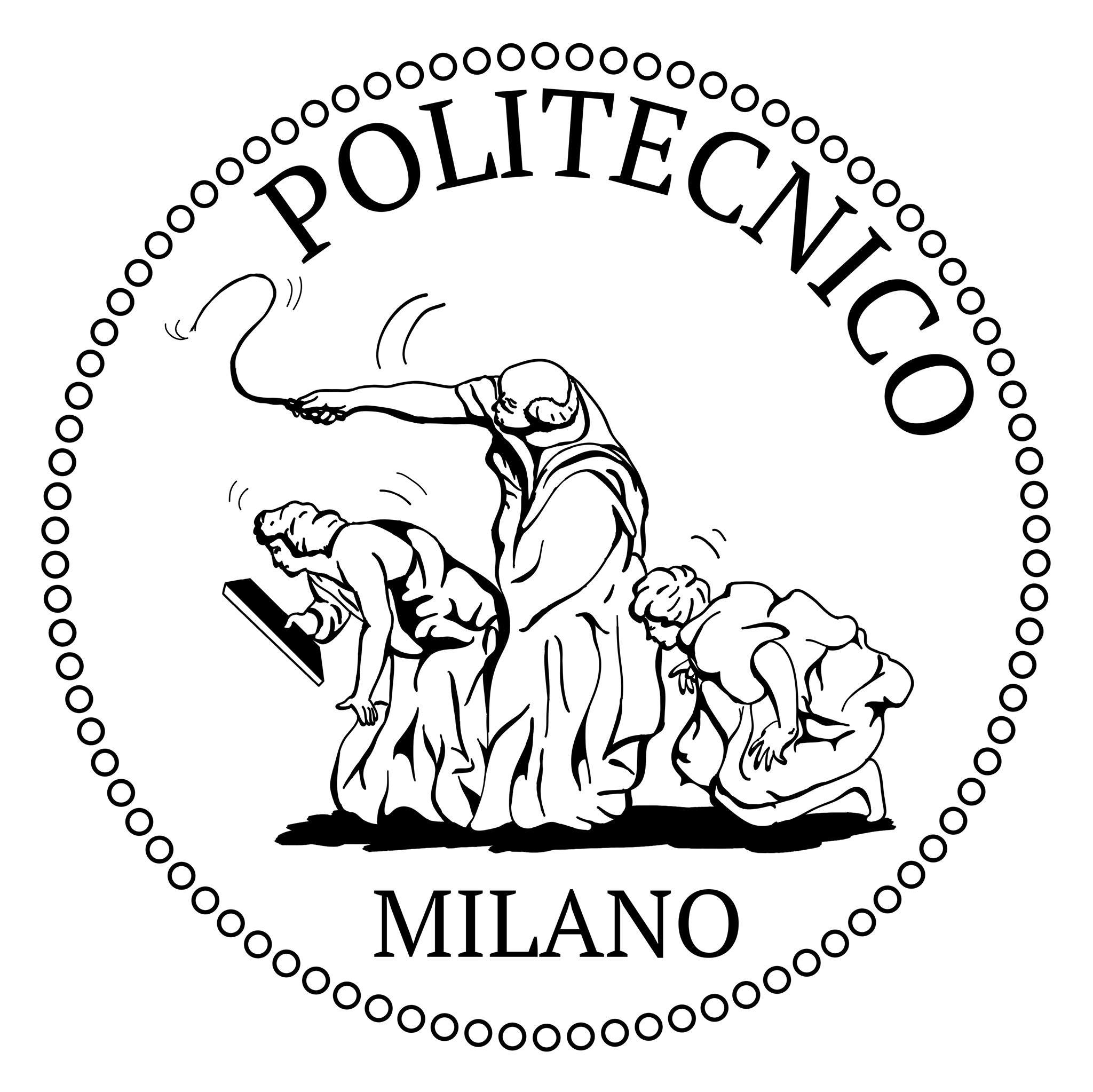Study in Italy
– Aara Consultancy can help you choose the right country and program for your Study Abroad needs and goals, and guide you through the entire application process.
Why Study in Italy?
1. You Get to Experience Italian Culture: Italy has shared its rich art, architecture, food, and music with the world, impacting global culture. If you go for a study abroad in Rome or elsewhere in Italy, you’ll have the chance to explore Italian culture. For instance, Italians have a tradition called “riposo,” where they take a short break and nap after lunch during the hottest part of the day. This experience helps you see the world differently and appreciate different cultures.
2. There Are Plenty of Programs to Choose From: People like studying in Italy because of its yummy food, beautiful views, old places, and excellent museums. You can pick from many programs like fashion, writing, and art. Good study programs concentrate on subjects like talking, designing, languages, helping sick people, or building things. For example, if you study in Florence, you might learn about history and people. But if you choose Rome, you could learn more about movies and media.
3. You’ll Receive a High-Quality Education: People from all over the world come to Italy to study and see things from a different cultural point of view. Italy has a really good education system, and the University of Bologna, which is the oldest university globally, is here. Italy has been a centre for art, science, and higher education for a really long time. The University of Padova is famous in Italy for science and engineering studies.
4. You Can Learn Italian in an Immersive Environment: Even if you don’t study languages, knowing another language is useful when you travel to other countries. It can also make you more likely to get a good job in areas like working with other countries, tourism, or marketing. Plus, learning another language is good for your brain, but it takes time and effort to get really good at it. If you stay with an Italian family instead of in a dorm or student housing, you have to speak Italian. It’s a great way to live like Italians do and truly experience Italian life.
5. It’s an Inexpensive Country to Travel: In Eurail Italy helps you travel easily with 10,000 miles of tracks, including 600 miles of high-speed rails. It’s great for exploring smaller cities like Pisa or Siena from Florence. Your study abroad program might include a place to stay. If not, finding your own place could make college more expensive. Staying with a family outside a big city and taking the train to school can save you money on living expenses.
Top universities in Italy

University of Bologna
Steeped in history, Bologna boasts the oldest university in the Western world, a living testament to its educational legacy. Founded in 1088, its halls have echoed with the footsteps of Dante and Copernicus, shaping minds for centuries. From Law and Medicine to Humanities and Engineering, Bologna offers a spectrum of knowledge, ranked as Italy’s most sustainable university and brimming with international student life.

Sapienza University of Rome
Immerse yourself in the heart of Rome’s cultural tapestry at Sapienza, the largest university in Europe. With ancient roots extending to the 14th century, its historic buildings stand alongside groundbreaking research facilities. Sapienza champions academic excellence, boasting Nobel laureates and a vibrant research culture across disciplines like Physics, Economics, and Archaeology, while offering unparalleled access to Rome’s artistic and historical treasures.

Politecnico di Milano
Embrace innovation at the forefront of science and technology with Politecnico di Milano. Ranked Italy’s top technical university, it ignites minds with cutting-edge programs in Design, Engineering, and Architecture. From pioneering aerospace research to fostering entrepreneurial spirit, Politecnico prepares graduates to shape the future. Its dynamic, international atmosphere pulsates with creativity and collaboration, nestled in the heart of Milan’s dynamic fashion and design scene.
University of Padua
Unravel the secrets of science at the University of Padua, a cradle of intellectual giants like Galileo Galilei and Andrea Vesalius. Founded in 1222, its storied walls have witnessed groundbreaking discoveries in medicine, astronomy, and law. Today, Padua’s legacy lives on through world-class research in life sciences, humanities, and environmental studies, attracting a diverse student body with its historic charm and international spirit.

University of Milan
Dive into the vibrant intellectual haven of the University of Milan, a powerhouse in diverse fields like Law, Economics, and Literature. Established in 1861, it pulsates with the energy of a modern metropolis, offering cutting-edge research alongside a rich cultural tapestry. From fashion and design to political science and medicine, Milan fosters critical thinking and intellectual exploration in a dynamic, cosmopolitan environment.
Admission Requirements to Study in Italy
1. Language Proficiency:
- Italian programs: Italian language test (CILS, CELI) may be required.
- English programs: IELTS, TOEFL, or equivalent accepted.
2. Educational Qualifications:
- Bachelor’s: High school diploma needed.
- Master’s: Bachelor’s degree in a related field required.
- Doctoral: Master’s degree required.
3. Application Materials:
- Application Form: Complete university-specific form or use centralized system.
- Transcripts: Submit academic records from previous schools.
- CV/Resume (optional): Include educational and work experience for relevant programs.
- Letters of Recommendation (optional): Requested by some programs; highlight strengths and academic potential.
- Statement of Purpose: Explain your program motivation and future goals.
- Entrance Exams (optional): GRE or other tests may be required for specific programs.
- Portfolio (Arts & Design programs): Showcase your creative work and abilities.
4. Visa Requirements (non-EU Students):
- Financial Proof: Demonstrate sufficient funds for study and living expenses.
- Health Insurance: Secure valid health insurance for your stay.
- No Objection Certificate: Obtain document confirming permission to study abroad from your home country.
Popular Subjects
Art and Design
Engineering and Technology
Architecture
Language and Literature
Business and Economics
Medicine and Healthcare
Social Science
Tourism and Hospitality
Budget Requirement for Study in Italy
- Cost Estimation:
Minimum: €12,000 – €15,000 per year (public university, shared accommodation, frugal lifestyle).
Moderate: €18,000 – €25,000 per year (public/private university, single room, balanced lifestyle).
High: €28,000+ per year (private university, private accommodation, comfortable lifestyle).
- Additional Resources:
Please feel free to call Aara Consultancy Team for Education Loan Assistance.
Study in Italy – Frequently Asked Questions
This depends on your program. English-taught programs usually require IELTS or TOEFL scores, while Italian programs might need CILS or CELI certificates. However, learning some basic Italian will always be helpful for everyday life!
Yes, if you’re not an EU citizen, you’ll need a student visa. This typically involves proving financial means, securing health insurance, and getting a No Objection Certificate from your local Indian authorities.
Budgeting depends on several factors like university fees, living expenses, and lifestyle choices. Public universities and shared accommodation will be more affordable, while private institutions and private apartments will cost more. Estimate between €12,000 – €28,000+ per year, and you can explore scholarship options to lessen the burden. Feel free to contact us for any Loan Assistance.
